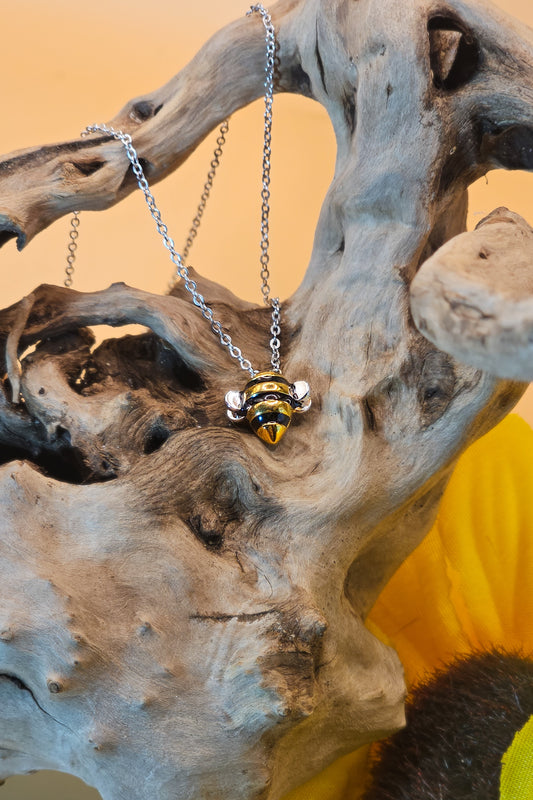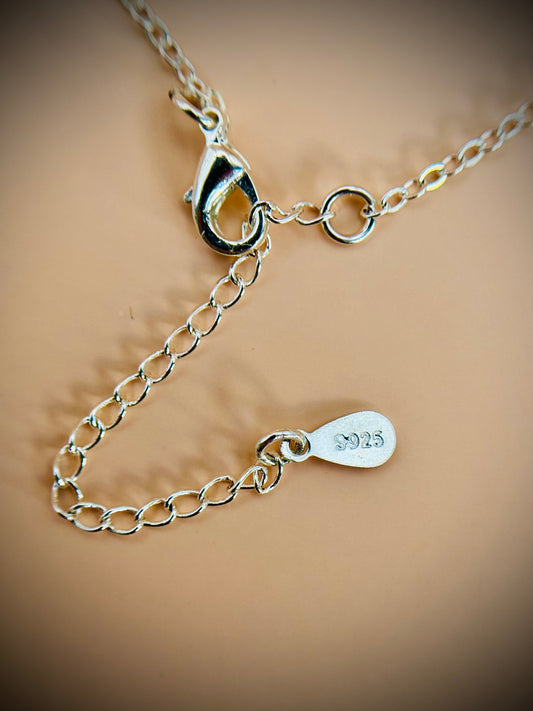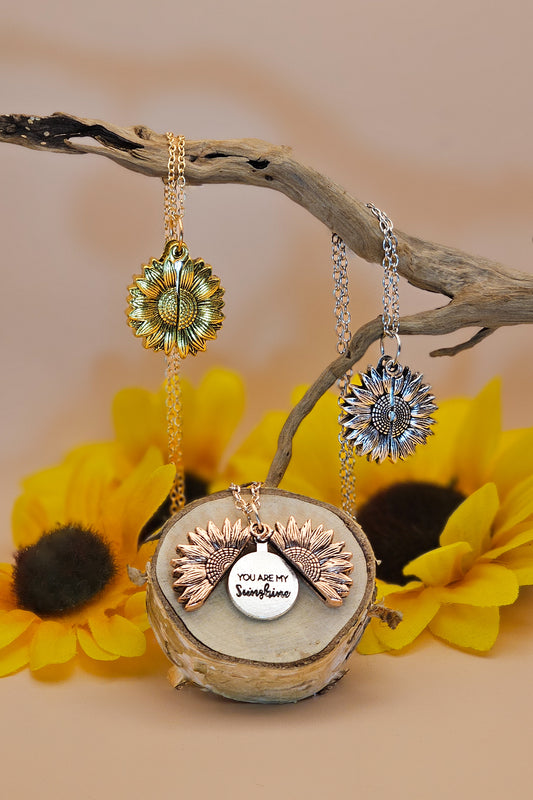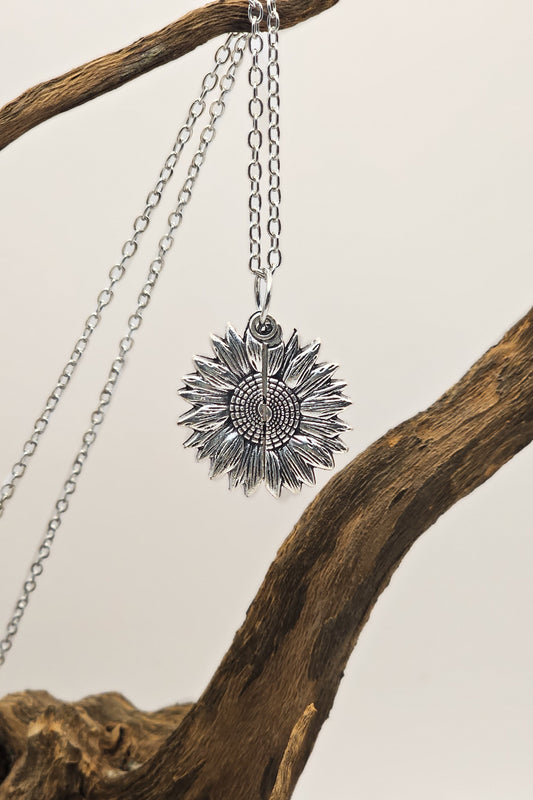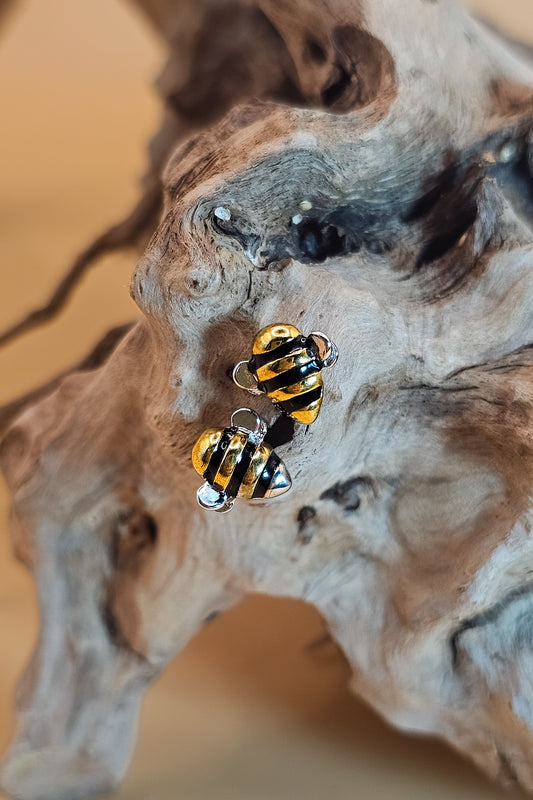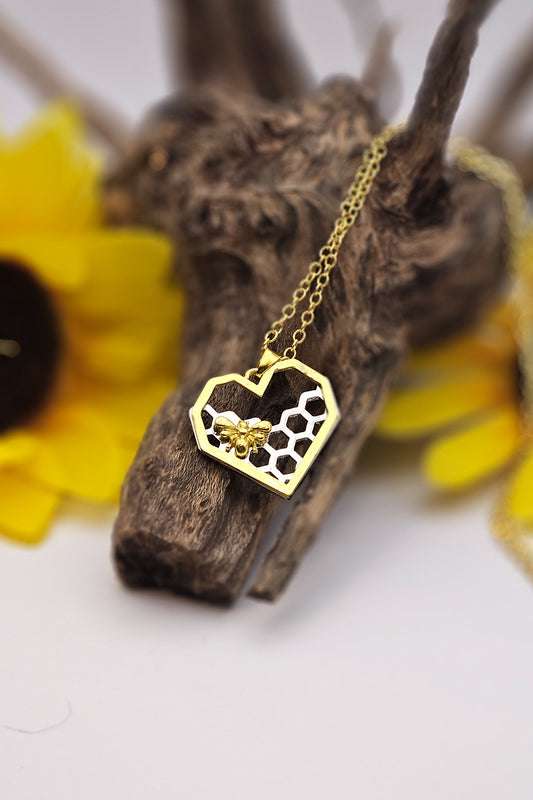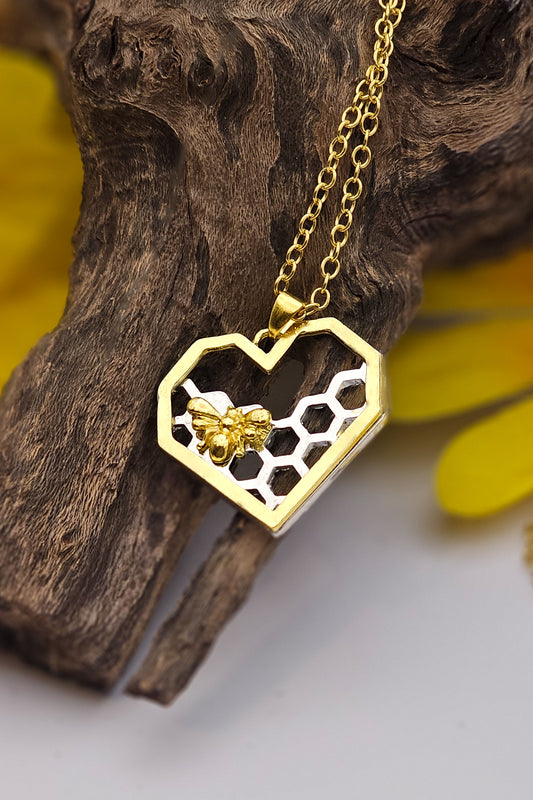When we hear the word pollen, many of us think of seasonal allergies and it doesn't exactly make us feel "warm and fuzzy" about this light yellow substance that blows around on the wind.
There is a lot more to pollen, though, so let's put those thoughts aside and look at this amazing substance with an open mind.
Pollen is not a bee product. It is the male reproductive cells of a flower.
Pollen provides a rich and nutritious food for bees. Sticky pollen clings to fuzzy bees as they pollinate flowers while foraging for nectar. As they pollinate flowers, it is stored in "pollen baskets" which are stiff-haired areas on their hind legs. Bees also wet the pollen with saliva and purposely carry it there until they are ready to return to their hive.
In the honeybee colony, pollen is the primary food source. It is how bees get their protein, and is used to feed the growing brood. It also contains starch, fat minerals and vitamins.
Nurse bees eat pollen in order to feed the hive brood. They make “bee bread” to feed the young, which is a mixture made of pollen, nectar and honey. The exact composition depends on where the bees have been forging and what is available.
Pollen is stored as food for autumn and winter when there are less flowers to forage. If a colony runs out of pollen, it is very likely the bees will die unless they are given a pollen substitute by their beekeepers.Some beekeepers also collect bee pollen and store it in case their bees need it in winter, but if you do that you must make sure the pollen doesn't get moldy. This is how vital pollen is to the well being of honeybees.
Some people consume pollen because it is said to support general health. For those who suffer from allergies, local honey can be a remarkable natural solution. It works best if the honey was harvested from hives close to your location.
Honey is not made from pollen, this is a common misconception. Honey is made from nectar that bees collect at the same time they collect pollen. The pollen is mixed with enzymes and goes through a lactic acid fermentation process so it is nutritious for feeding baby bees.
If you want to help your local honeybees, buy some heirloom quality nectar producing flower seeds. Plant them in flower pots, hanging baskets or straight in the earth at your home and take care of them as they sprout up through the soil. Then watch the bees and their antics as they gather pollen and nectar.
It will make your heart sing to be part of the process, and is a wonderful way to do good in the world.
Have you got a good pollen story to share on our Facebook page?


